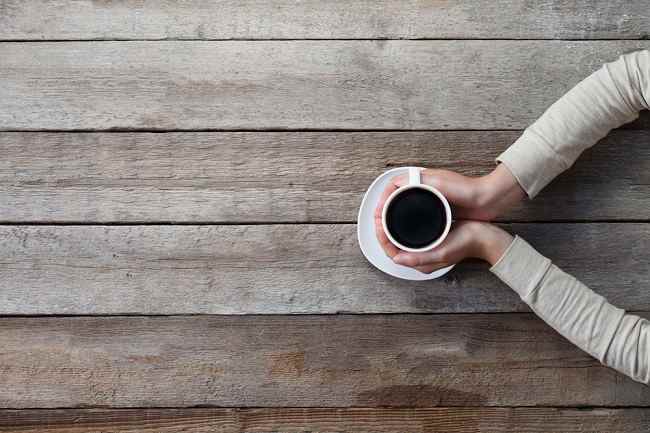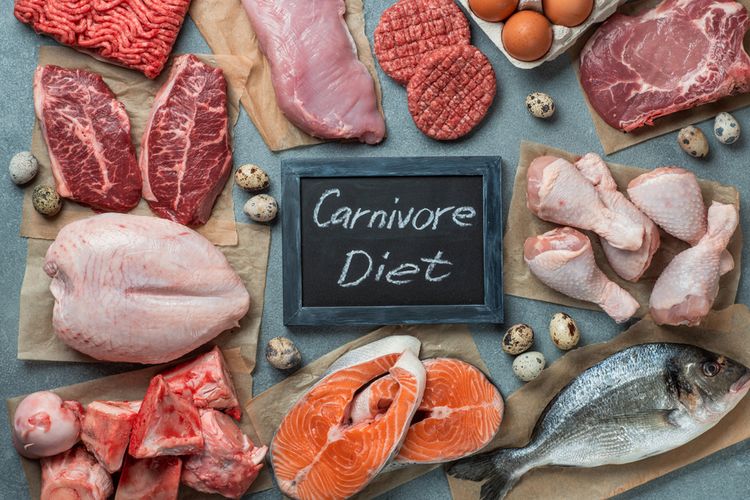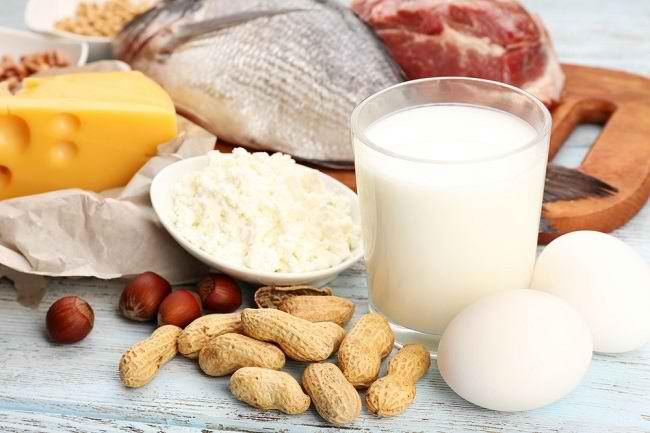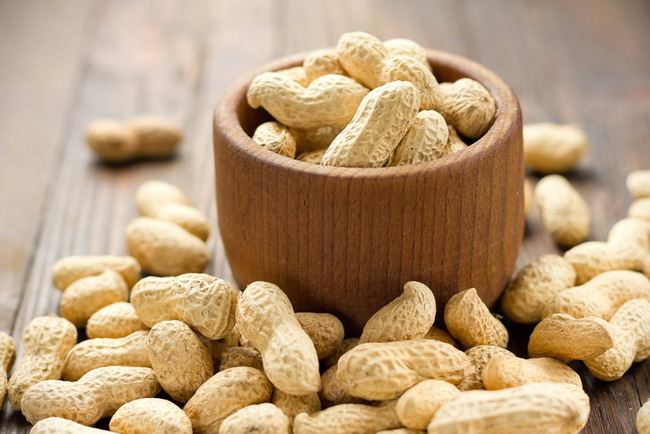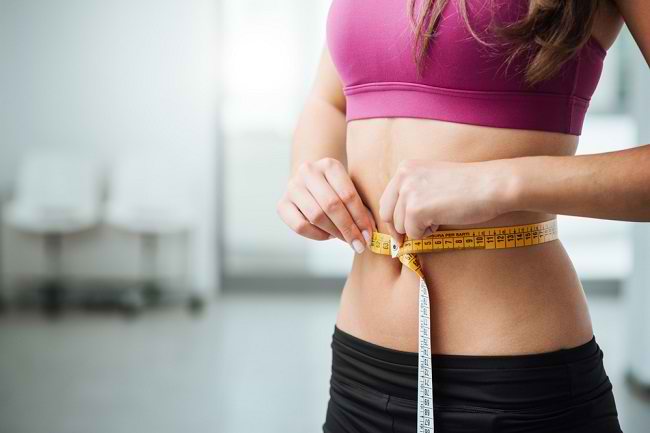Coffee is often used for dieting because its caffeine content is believed to boost metabolism and fat burning. But is coffee really effective for weight loss? Let’s explore this further.
Types of Coffee for Diet
Various diet coffee products are available on the market, such as black coffee, white coffee, and green coffee bean extract. Green coffee bean extract is often touted as being particularly effective for weight loss.
How Coffee Affects Diet
Coffee is believed to increase the body’s metabolic rate due to several active substances:
- Caffeine: The main stimulant that boosts central nervous system activity.
- Theobromine and Theophylline: Substances that also have stimulant effects.
- Chlorogenic Acid: A compound that can slow down carbohydrate absorption.
Caffeine, the strongest stimulant in coffee, is known to stimulate the breakdown of fat tissue and increase metabolic rate, even at rest. It can also stimulate thermogenesis, the process by which the body generates heat and energy from digesting food, and can suppress appetite, although only for a short time.
Please read —> Java Burn Review, a product that utilizes coffee for weight loss.
Effectiveness of Coffee for Weight Loss
Although there are claims that coffee is effective for dieting, there is no strong evidence that these effects last long-term. The body can develop a tolerance to caffeine, reducing its effects over time. Moreover, the metabolism-boosting effect of coffee is less significant in people who are obese and tends to decrease with age.
How you consume coffee also matters. Drinking coffee with added sugar, cream, or artificial sweeteners can increase calorie intake, making weight loss more challenging. Therefore, black coffee without sugar or with minimal sugar is recommended for dieting.
Side Effects of Coffee for Diet
To reap the benefits of coffee in your diet, it’s important to monitor your intake. The recommended daily caffeine intake is 400 mg, roughly equivalent to 3-4 cups of black coffee (about 200 ml per cup). However, you must also consider caffeine from other sources like tea, soda, chocolate, and energy drinks. If you consume these, you should reduce your coffee intake to avoid exceeding the recommended daily caffeine intake.
Excessive caffeine consumption can lead to side effects such as insomnia, digestive issues, and anxiety. These can hinder weight loss efforts as adequate sleep, good digestion, and stable emotions are crucial.
Additionally, individuals with medical conditions like diabetes, glaucoma, high blood pressure, osteoporosis, and pregnant or breastfeeding women are advised to avoid using coffee for dieting. If you are taking medication for heart, bone, lung, menopause, or mental health issues, consult your doctor before starting a coffee diet.
Conclusion
If you want to try using coffee for dieting, consult with a doctor or nutritionist first. They can evaluate your condition and provide a suitable diet plan.
 Rasanya.com Informasi di Jari Anda
Rasanya.com Informasi di Jari Anda
